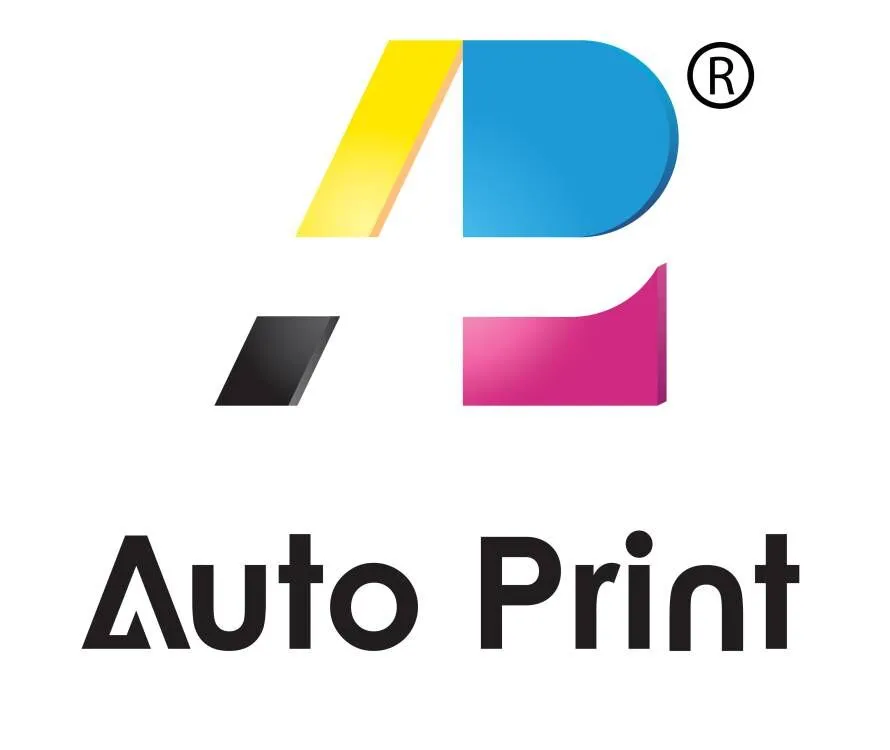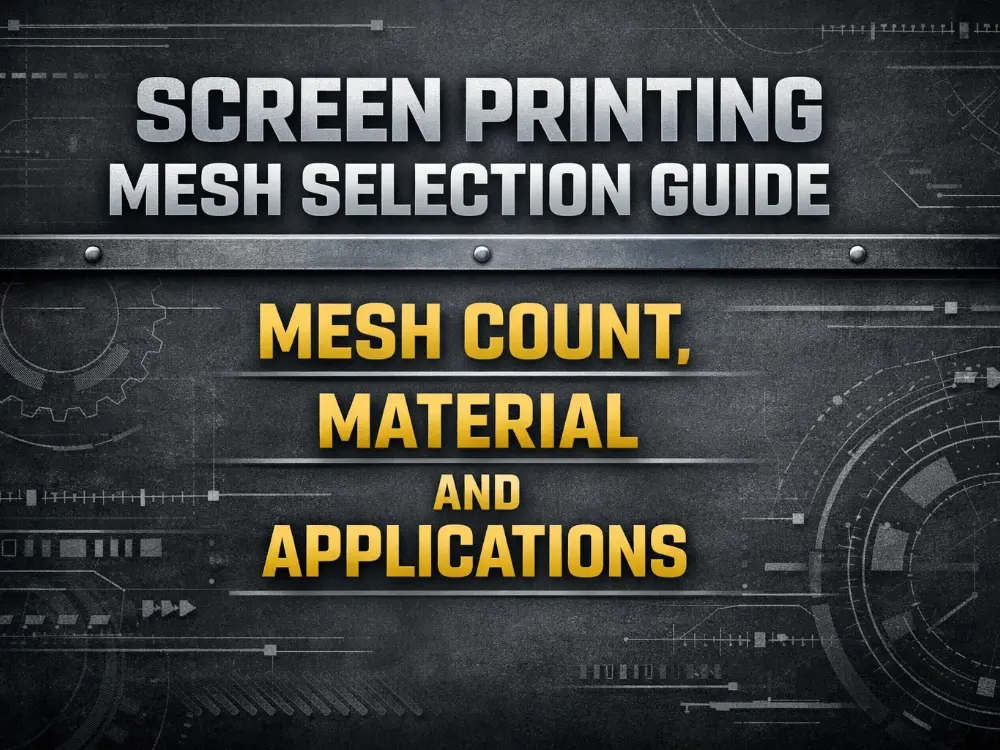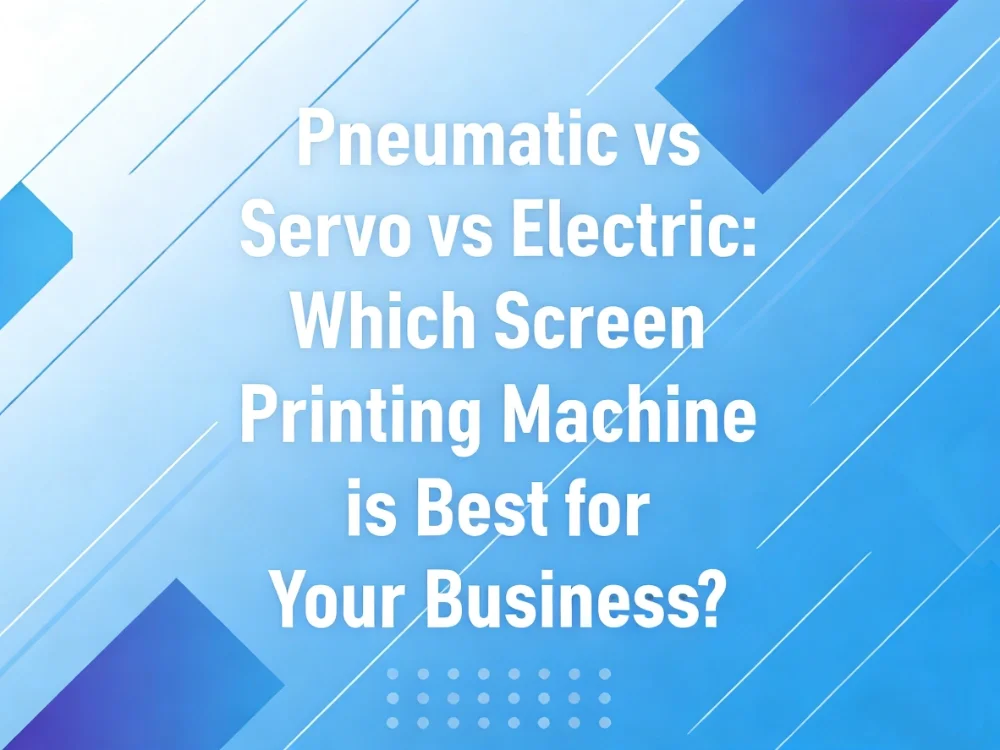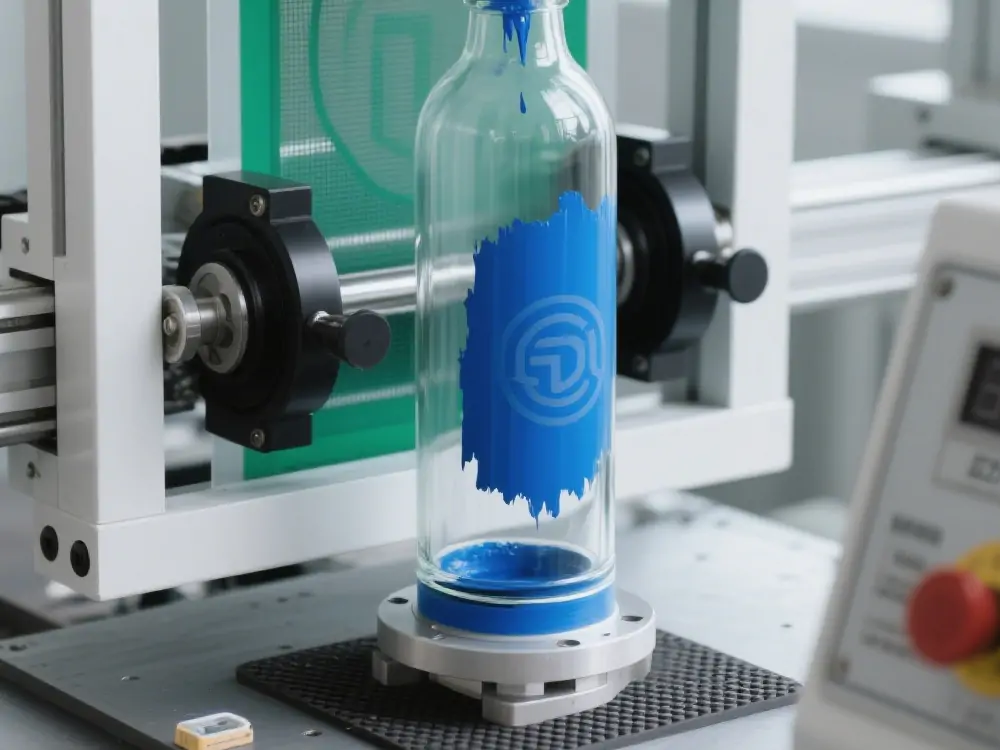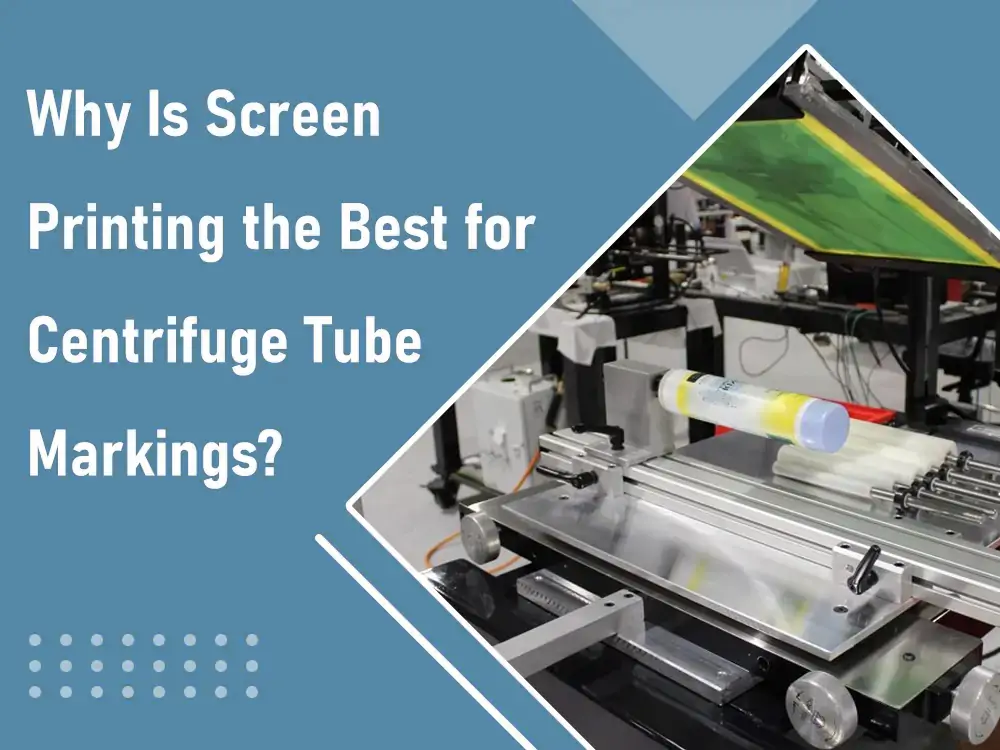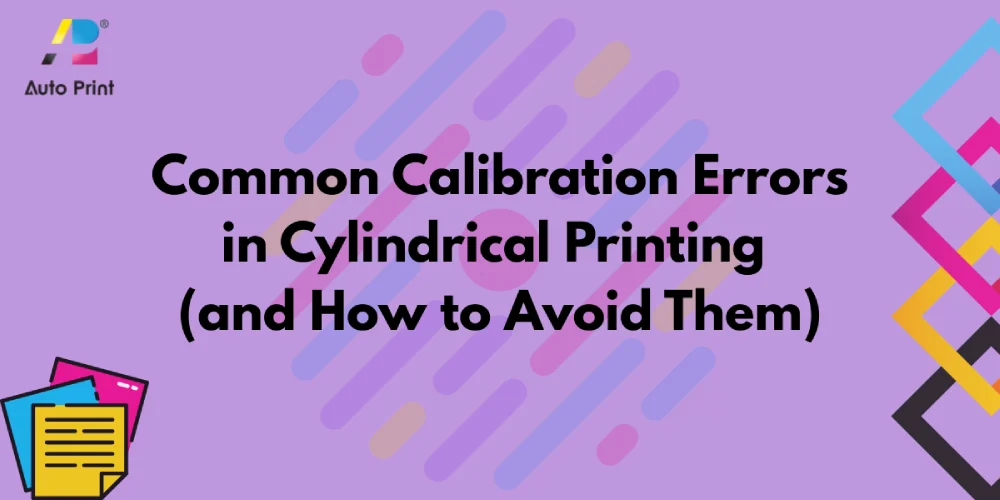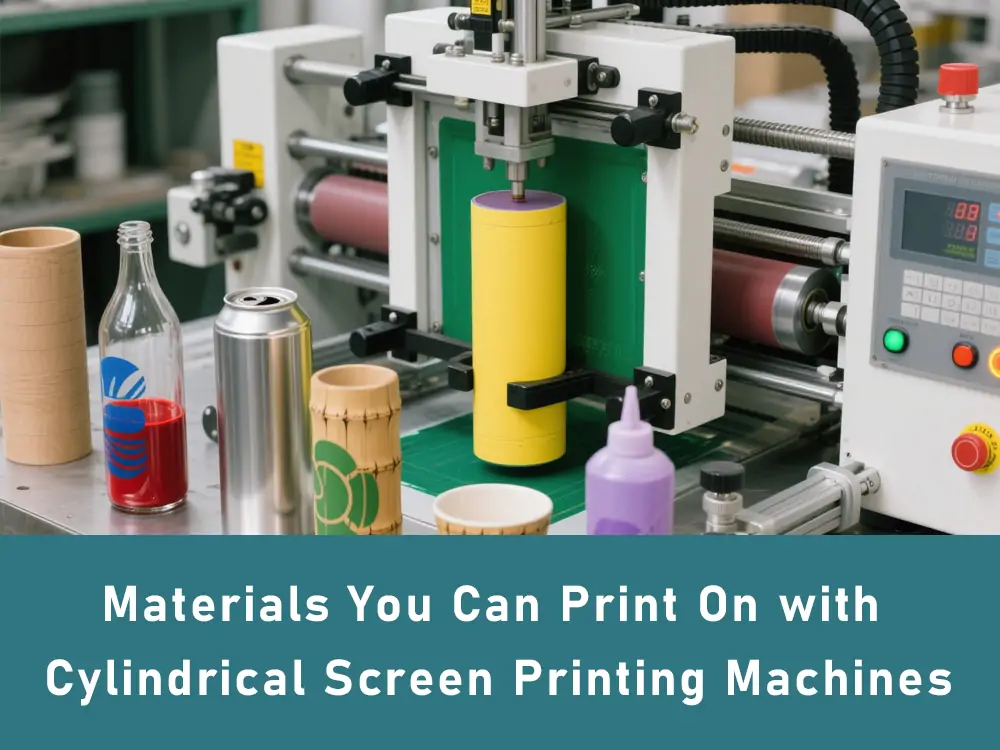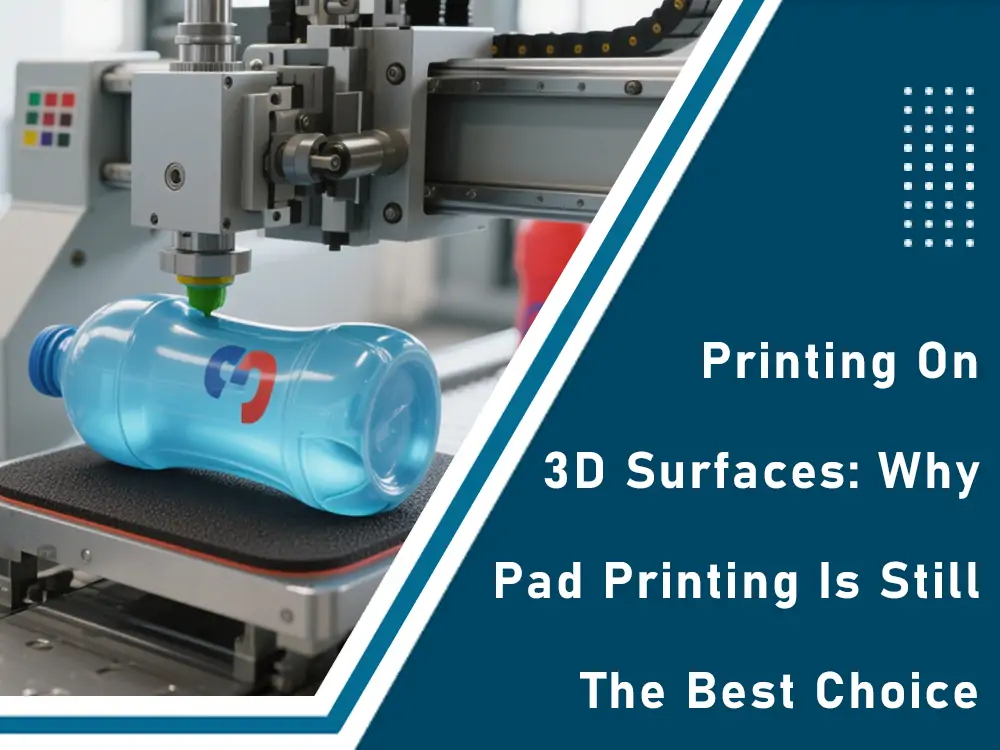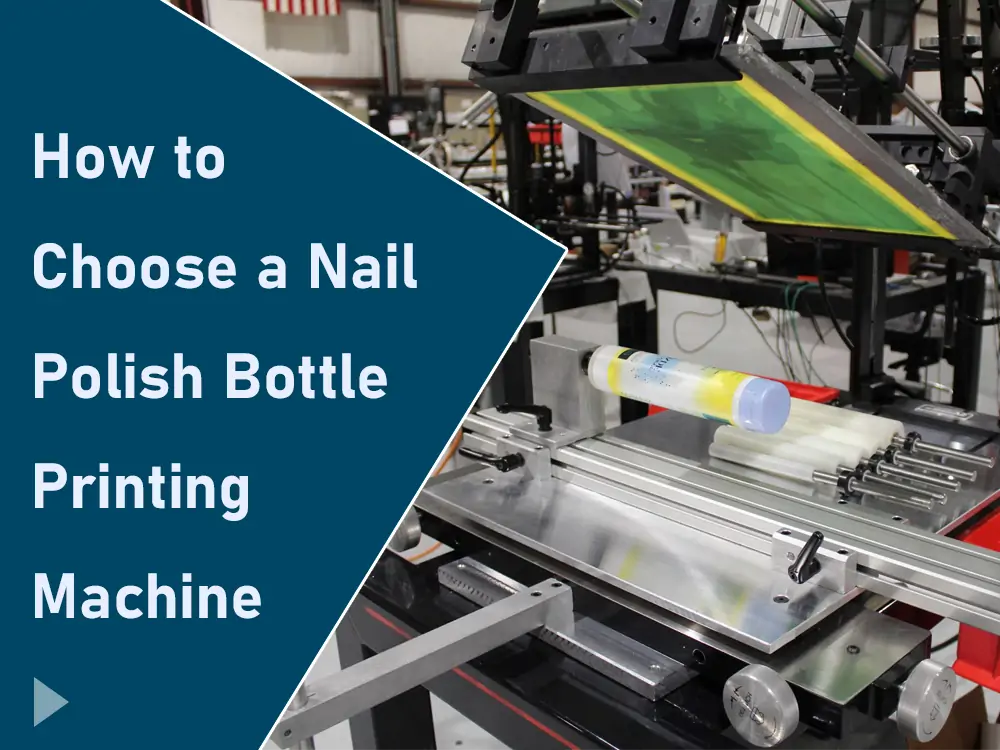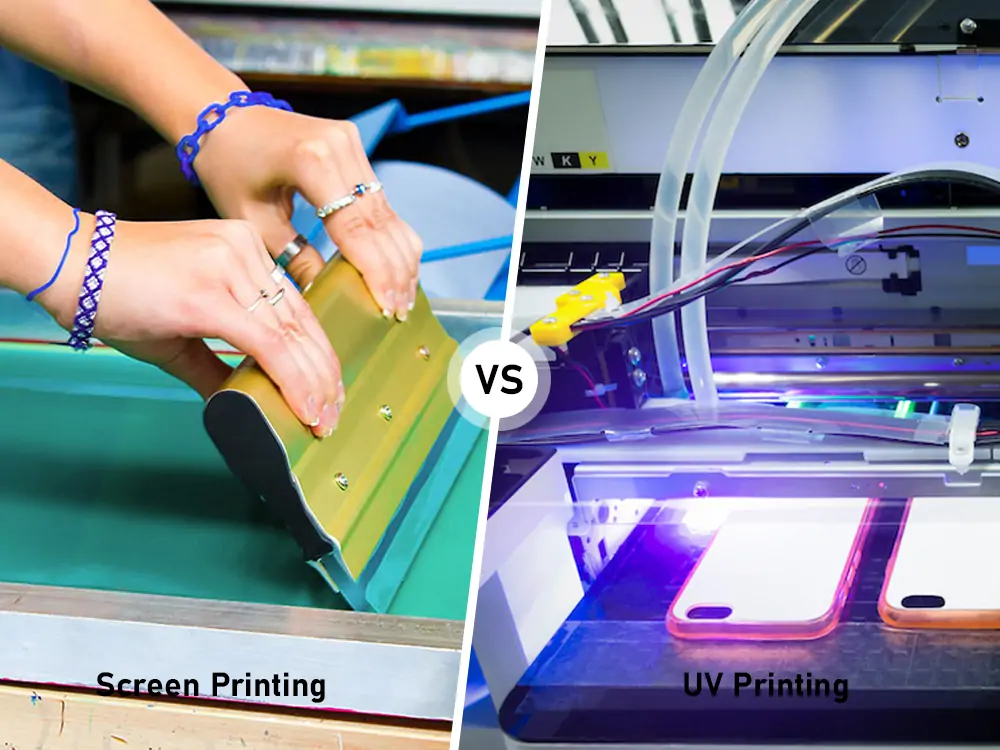Are you looking for a screen printing mesh selection Guide? You are on the right page. Actually, screen printing has become a popular method for creating designs on clothing, plastic, metal, and even glass. However, in screen printing, many people focus only on the design, ink, or printing machine. Right?
In all this, the most important part of the entire process, called the screen mesh, is often overlooked. The right screen mesh selection matters a lot as it directly affects your design. Choosing the wrong mesh can ruin your print’s finish and overall look. To help you decide, this guide covers key factors to consider when choosing a mesh for screen printing. So let’s get started.
Category Archives: Uncategorized
Selecting a silk-screen printing machine that meets your production requirements is essential to your success. A pneumatic, a servo motor, or an electric system each comes with its advantages. Knowing these pros and cons will help you choose a machine that meets your budget, quality, and industrial production volume criteria.
You need to be very skilled and precise when printing plastic bottles. It isn’t easy to align because of the curved surface. Manual processes won’t always yield clean results. Modern printing technology can help address multiple problems. To get professional results, brands today use sophisticated screen printing on plastic bottles. Get ready! Because the competition…
The centrifuge tube plays a vital role in storing and separating samples. In modern laboratories, small details like markings, labels, etc., matter a lot. Why? Because markings help scientists measure, identify, and track samples with accuracy. Hence, screen printing is most widely used for printing these markings. But many people ask: Why is screen printing…
Calibration is essential for maintaining sharp and consistent cylindrical prints. Even small errors can ruin alignment, waste ink, and hurt quality. Regular checks, even on automated machines, are non-negotiable. Cylindrical printing is a central component of modern packaging and branding. Bottles, cans, tubes, and jars all rely on precise designs that wrap smoothly around curved…
Since the primary goal of this blog is to help you identify the best materials for cylindrical screen printing, we’ll discuss PE, PP, and PET plastics in more detail, followed by glass, metals, ceramics, and even wood and bamboo.
You’ll learn what needs to be done for each one, the best inks to use, what to avoid, and what problems to look out for. This will help make sure your prints not only stick, but also stay sharp.
In this article, we’ll look at glass and PET, compare screen printing with pad printing, explain how pad printing works, and show where it works best. If your parts aren’t flat, this information is helpful.
In this guide, you will learn how to screen print shot glasses the exact way. We will guide you through printing processes, ROI considerations, and machine specifications. So you can determine which screen printing machine is best for your needs.
Selecting the right nail polish bottle printing machine is key to standout packaging. Our guide explores manual, semi-automatic, and fully automatic machines, covering production needs, print quality, speed, and versatility. Learn how to balance cost, ease of use, and future scalability to boost your brand. From UV ink durability to customer support, we cover essential factors to ensure vibrant, lasting prints. Visit AutoPrintMachine.com for top screen printing solutions tailored to your business
Explore the key differences between screen printing and UV printing for paper cups in this detailed comparison. Learn about print quality, color options, durability, and cost efficiency to choose the best method for your business, whether for bulk orders or vibrant, custom designs.
